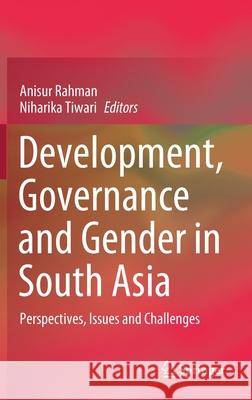Development, Governance and Gender in South Asia: Perspectives, Issues and Challenges » książka
topmenu
Development, Governance and Gender in South Asia: Perspectives, Issues and Challenges
ISBN-13: 9789811651083 / Angielski / Twarda / 2021 / 400 str.
Development, Governance and Gender in South Asia: Perspectives, Issues and Challenges
ISBN-13: 9789811651083 / Angielski / Twarda / 2021 / 400 str.
cena 563,56
(netto: 536,72 VAT: 5%)
Najniższa cena z 30 dni: 539,74
(netto: 536,72 VAT: 5%)
Najniższa cena z 30 dni: 539,74
Termin realizacji zamówienia:
ok. 16-18 dni roboczych.
ok. 16-18 dni roboczych.
Darmowa dostawa!
Kategorie:
Kategorie BISAC:
Wydawca:
Springer
Język:
Angielski
ISBN-13:
9789811651083
Rok wydania:
2021
Wydanie:
2021
Ilość stron:
400
Waga:
0.63 kg
Wymiary:
23.39 x 15.6 x 1.91
Oprawa:
Twarda
Wolumenów:
01
Dodatkowe informacje:
Wydanie ilustrowane











